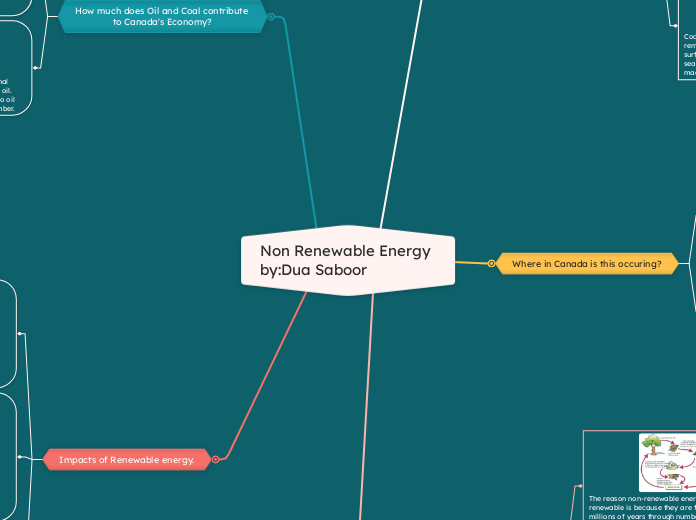Non Renewable Energy by:Dua Saboor
Non Renewable Energy is energy that cannot be replaced once used. Examples of this can be coal and oil.

Oil. An oil extraction machine called an expeller uses extremely high pressure to squeeze oil out of plant products such as soybeans, oil palm, rape, and sunflowers.

Coal. large machines called highwall miners remove the top layer of soil or rock on the earth's surface. Then, they use a driller to blast the coal seam which they then extract and load into machines called rail cars.
Where in Canada is this occuring?
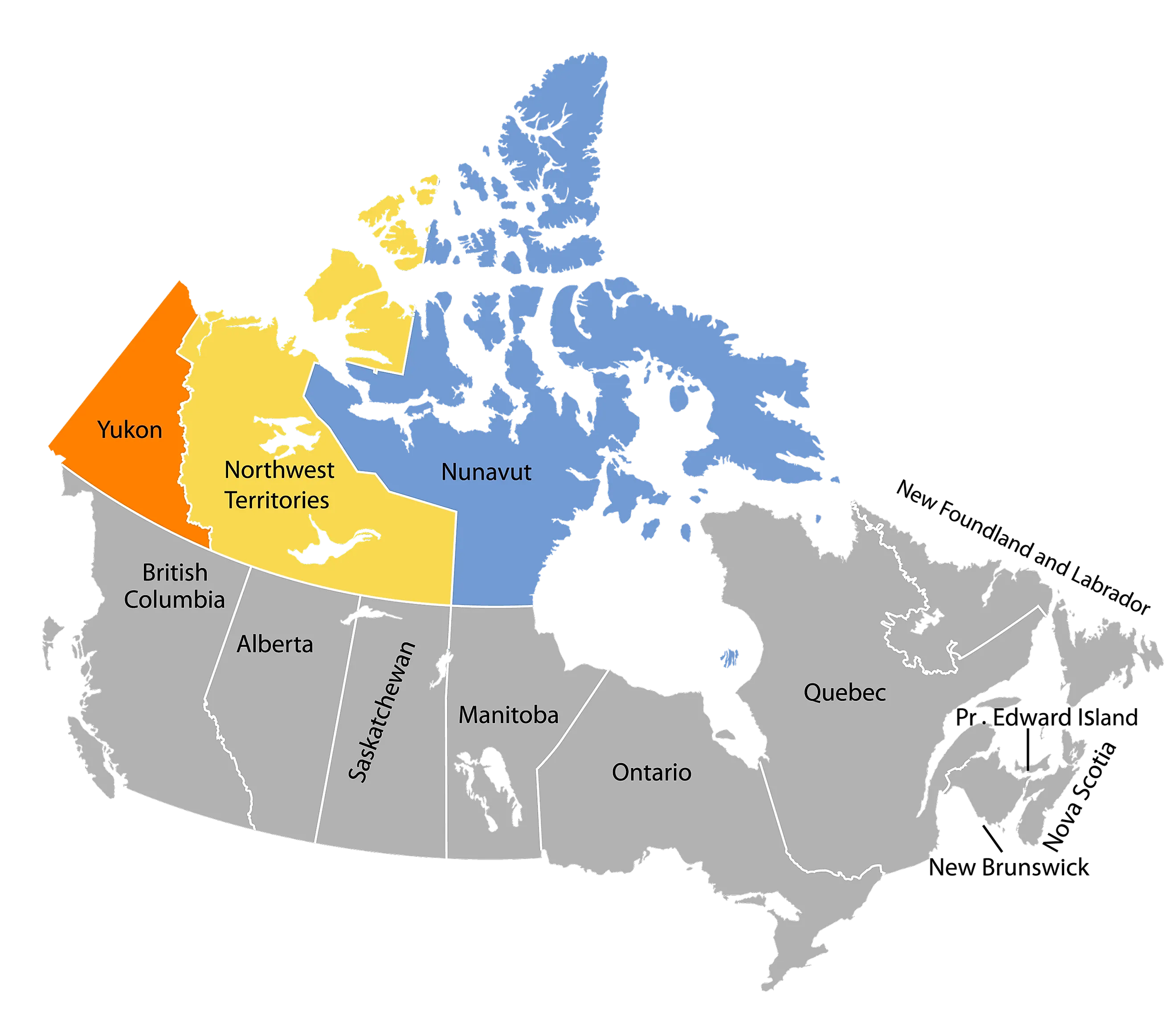
The more northern areas of Canada are being greatly used in order to extract Oil. It is also traded all across Canada.

Coal in Canada is most found in the west-south lands. It is especially found in Alberta and Saskatchewan.
Additional Information about Renewable non renewable rnergy
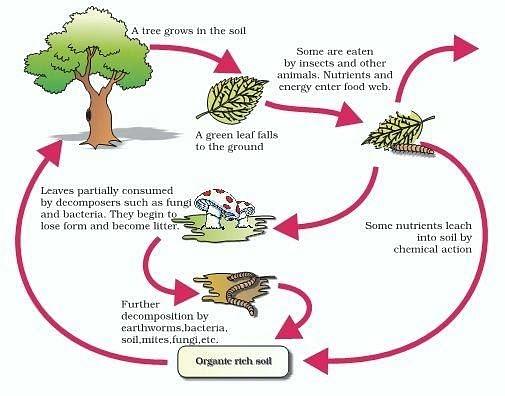
The reason non-renewable energy is non-renewable is because they are formed over millions of years through numbers of natural processes such as decomposition, organic matter, and many kinds of geological activity.
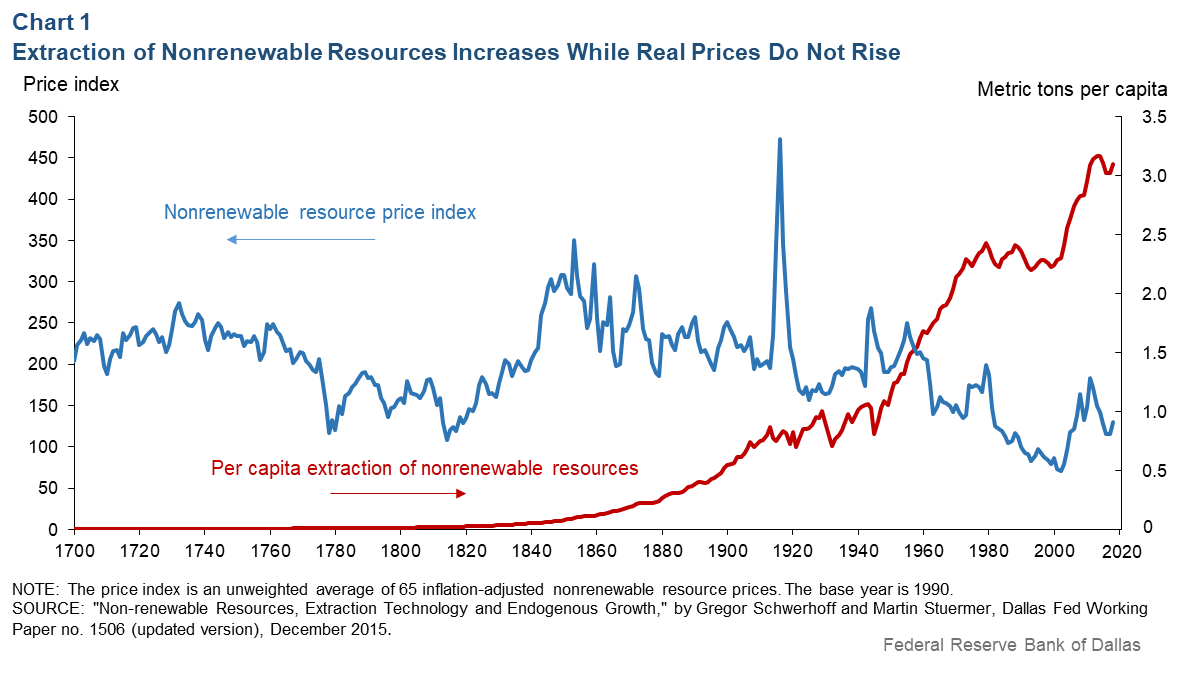
The main reason we use non-renewable energy despite the many posing risks is because of its abundant amount and how affordable it is. If you compare renewable energy prices to non-renewable energy prices, the range is extremely large.
How much does Oil and Coal contribute to Canada's Economy?
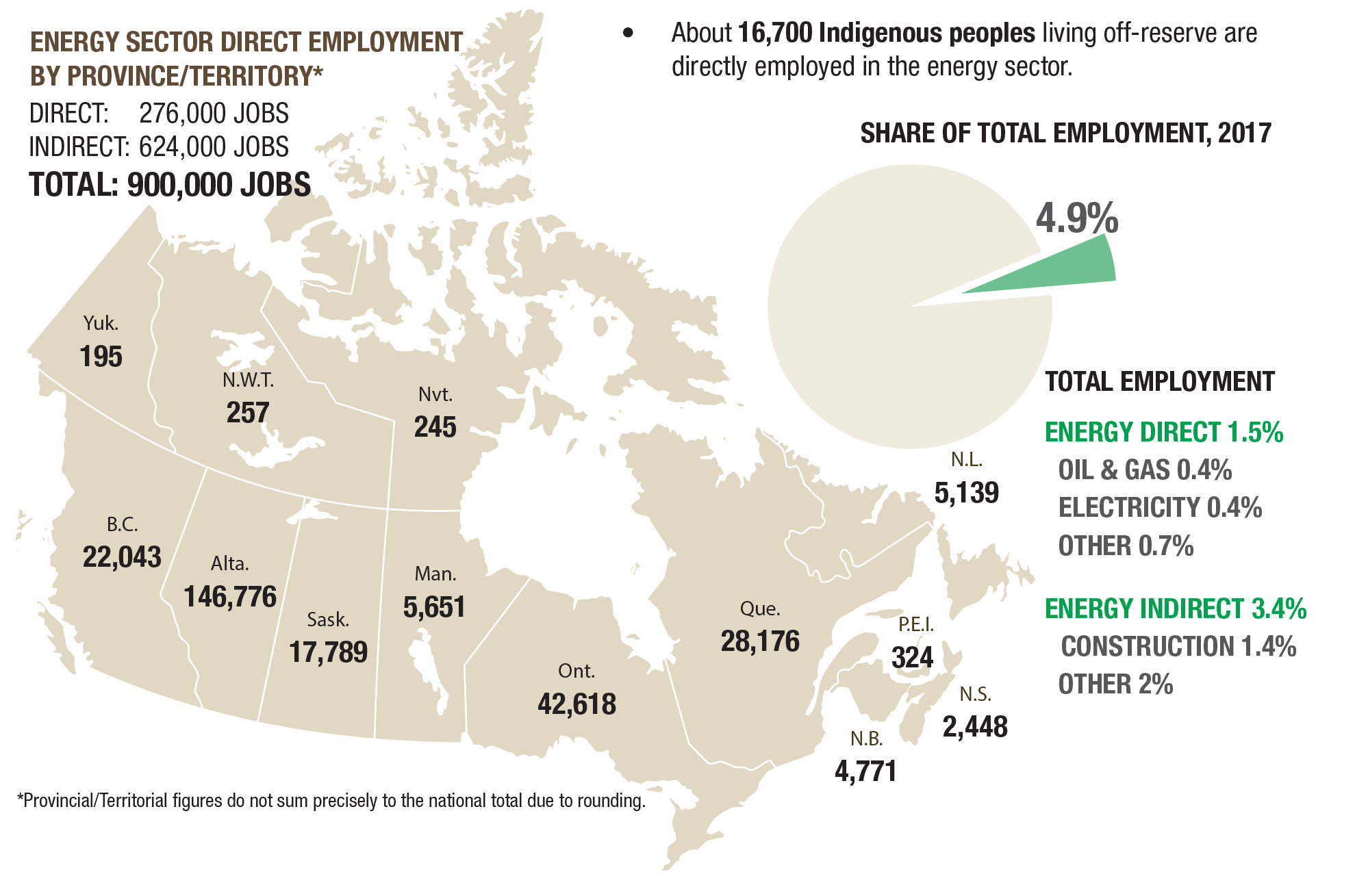
Coal contributes to roughly 0.2% of GDP, which is an estimated 4 billion dollars. About 42,000 people are working in the coal industry in Canada, and the amount has only been increasing since 2004.
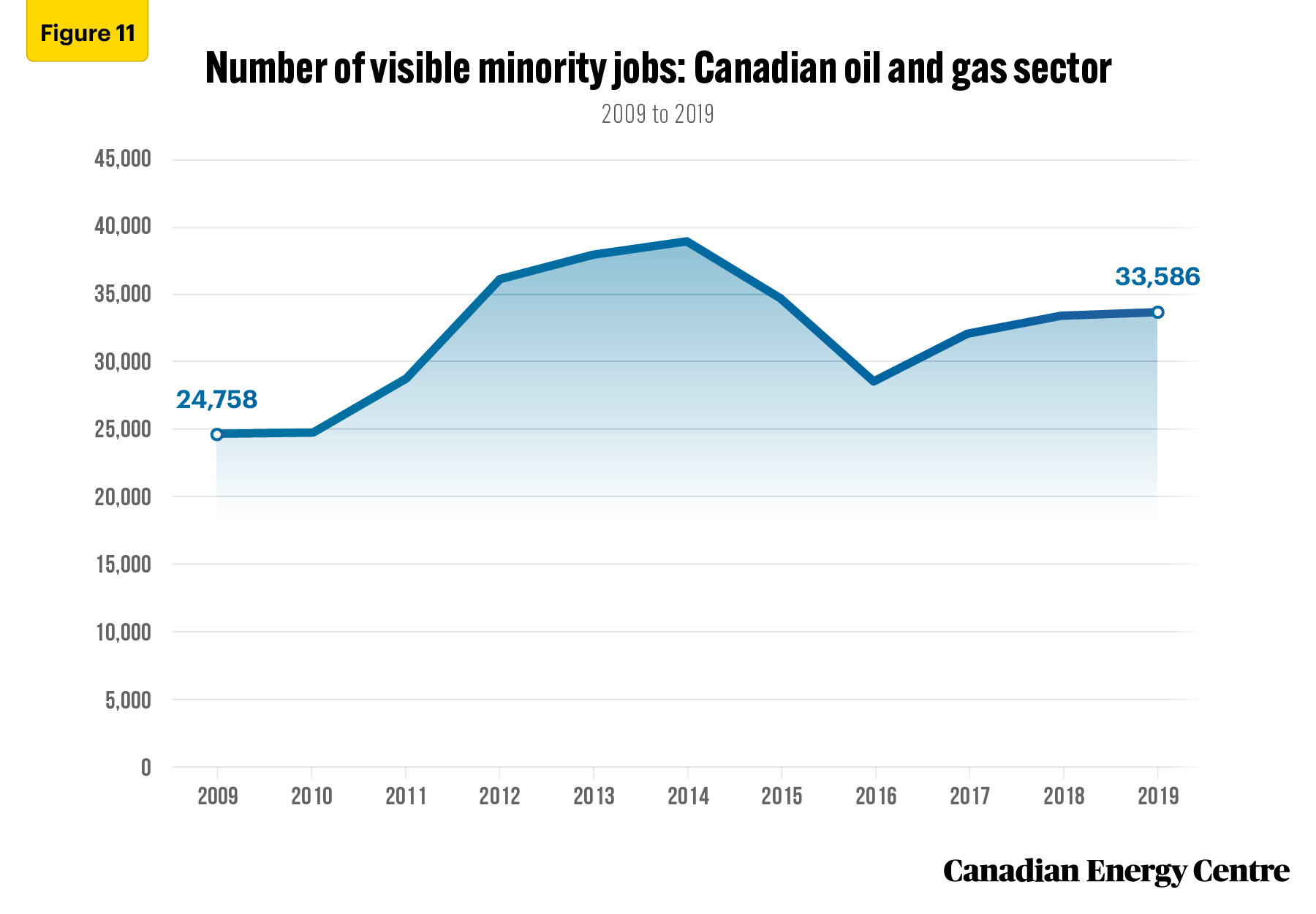
Oil accounts for nearly 7.5% of Canada's national GDP which is nearly 60 million dollars worth of oil. Nearly 150,000 Canadians are employed due to oil companies in 2023, and are slowly rising in number.
Impacts of Renewable energy.

Due to climate change, the amount of renewable energy being used has actually increased by 4%-6% due to bioenergy. Some regions have up to 10%-20% increase in use of renewable energy.

Overuse of non-renewable energy could lead to many negative things such as air and water pollution, damage to public health, wildlife and habitat loss, and global warming emissions. These are just a few of the many ways this negatively affects us. Not to mention the rising prices in extracted renewable energy.
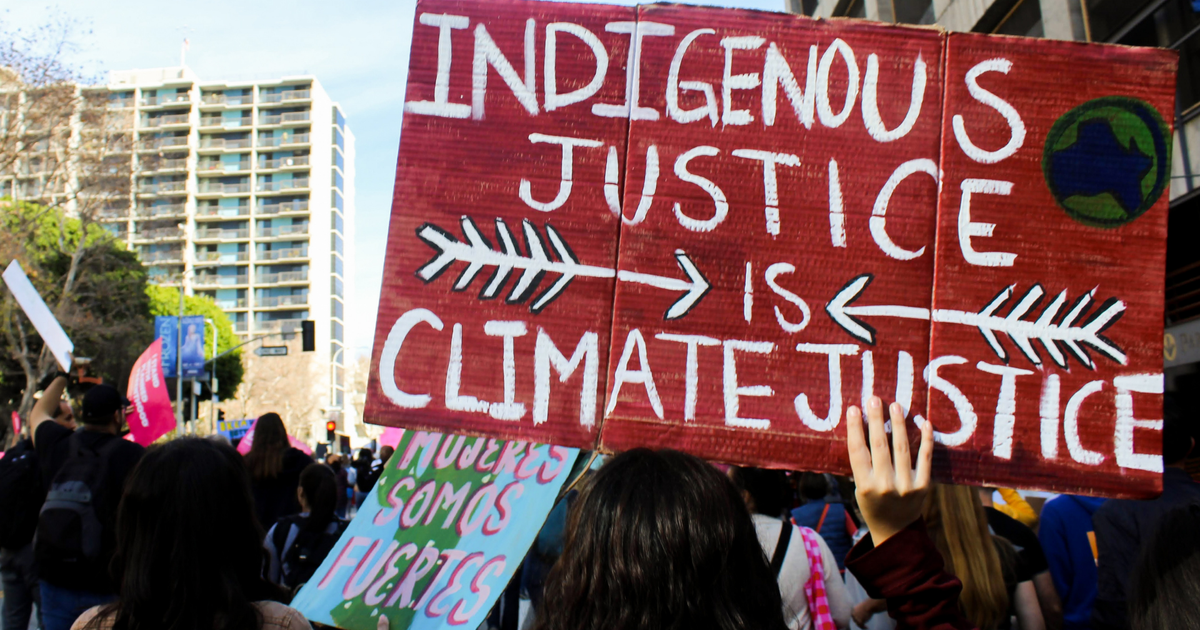
Sadly, non-renewable energy poses a great risk to indigenous people and their communities. Climate change has started to increase, and due to this people are pressured to find new renewable energy sources, though they are more expensive. People are growing impatient and started protesting in hopes for this to end.
